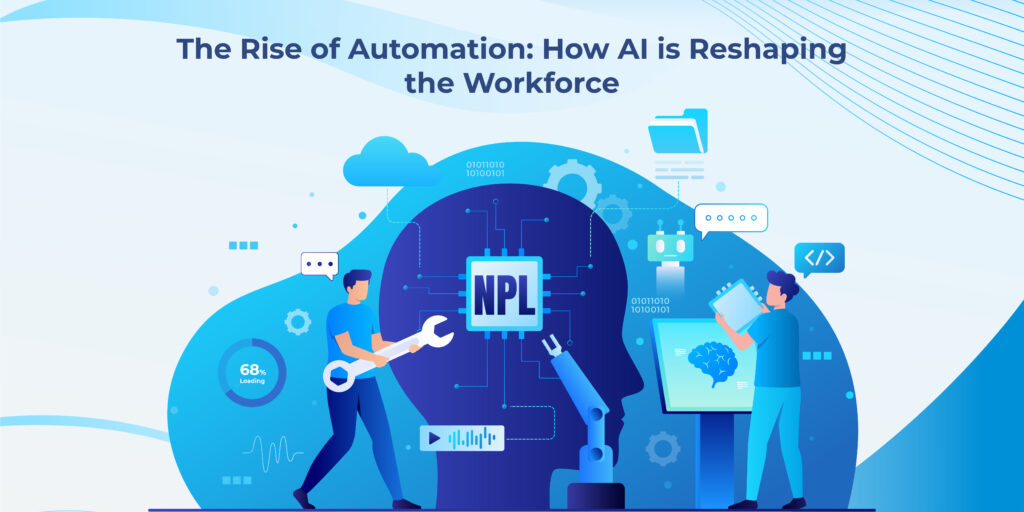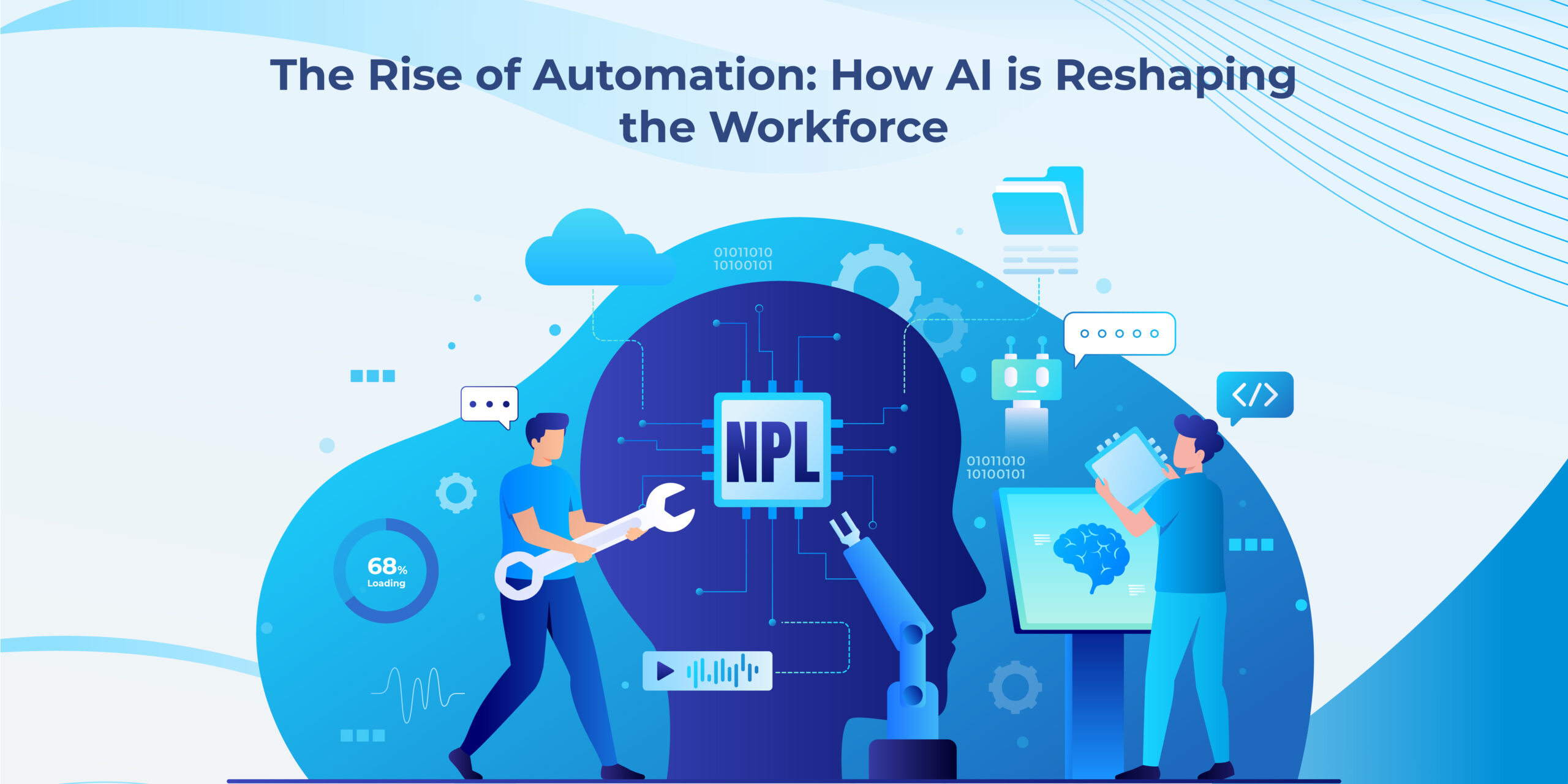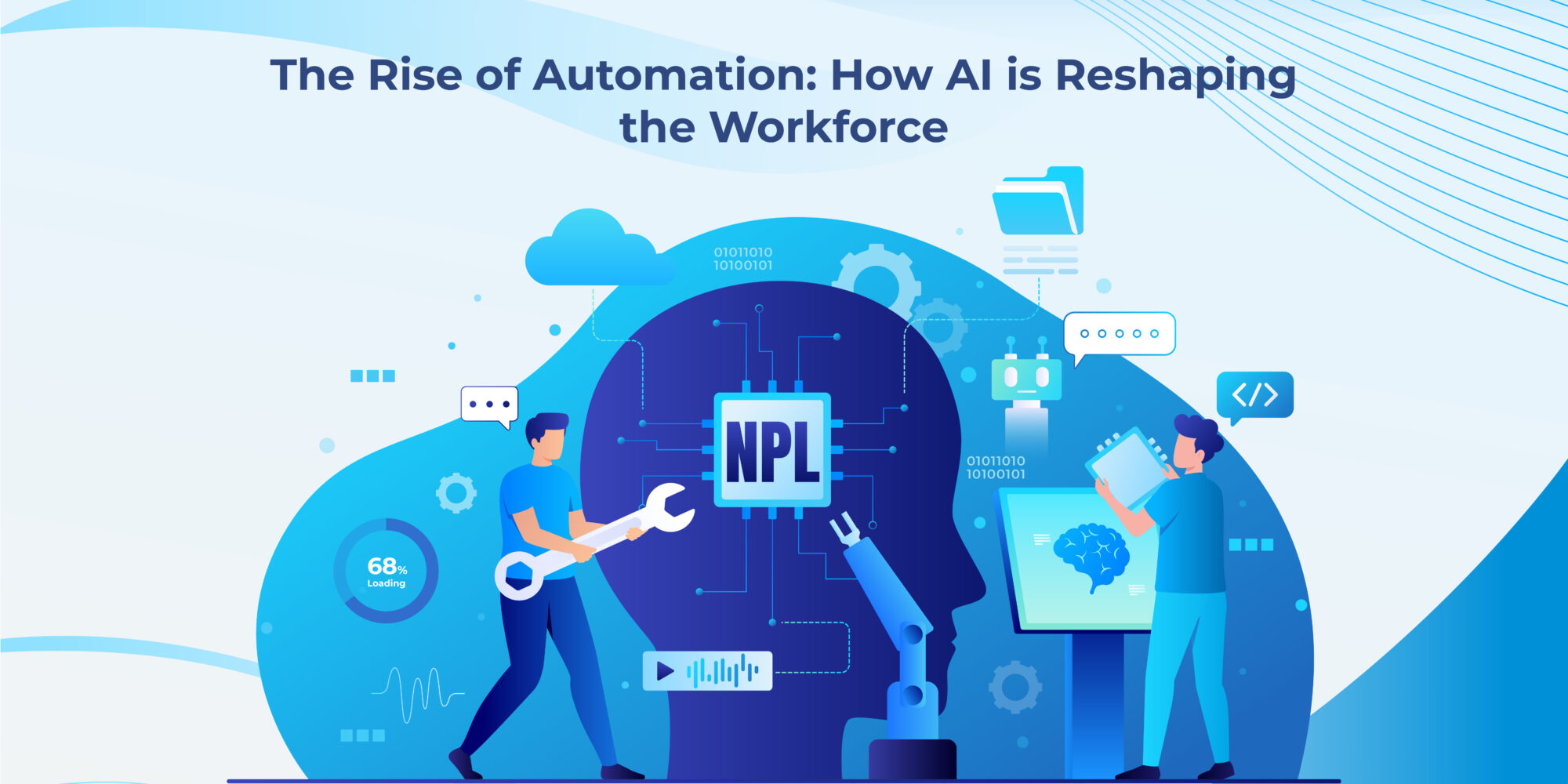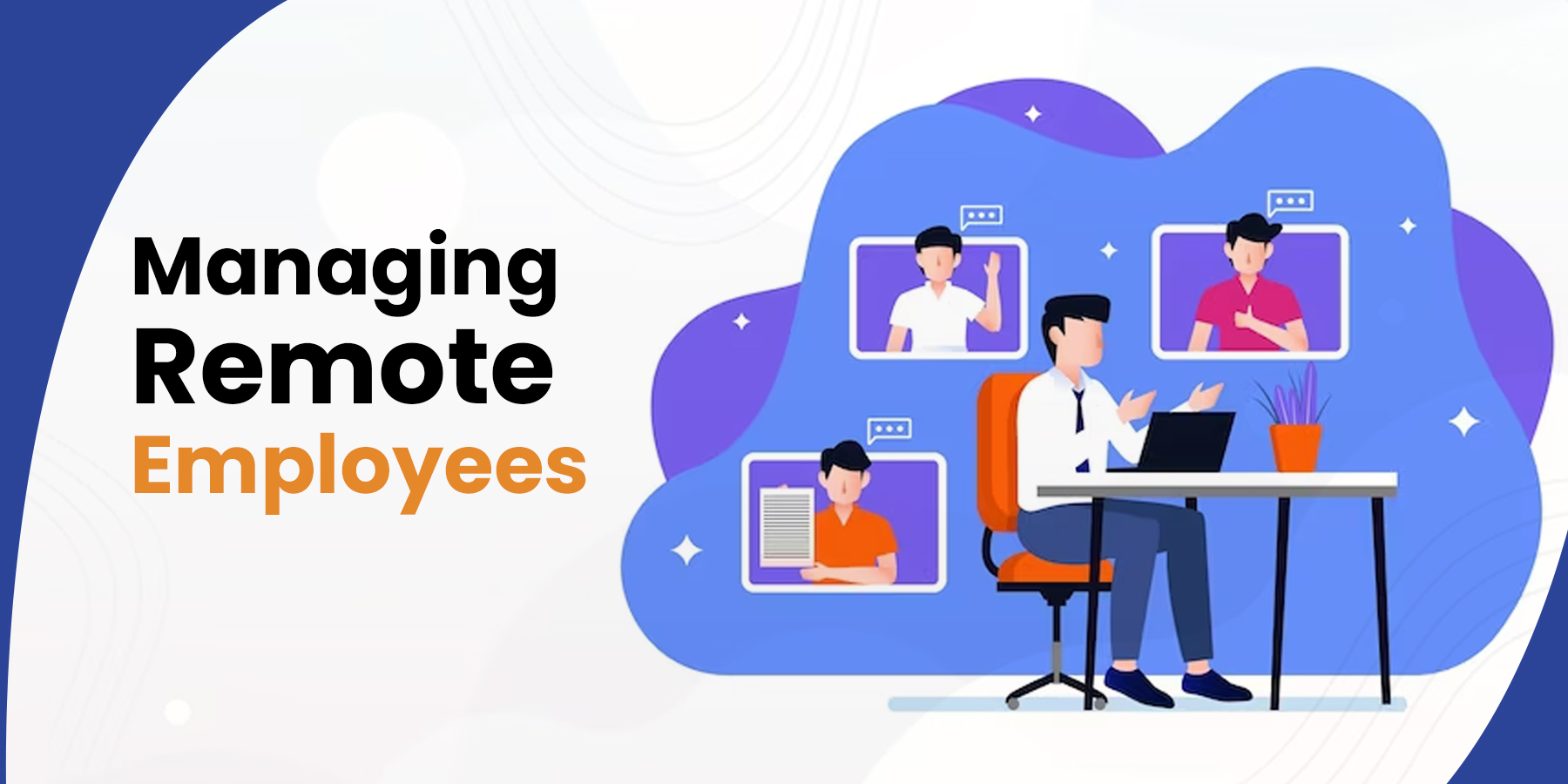
With the advancement of technology, artificial intelligence is becoming more prevalent in the workforce. But what impact is it having on employment and the job market? Are specific industries and professions more vulnerable than others?
Artificial intelligence has been debated for years, with some experts predicting a positive impact on employment while others fear significant job loss. AI is already affecting a wide range of professions and industries in various ways.
The rise of AI is transforming how we work, creating new job opportunities while disrupting traditional occupations. While some jobs will be lost, others will require new skills and knowledge to keep up with the changing technological landscape. In this article, we’ll explore the careers most affected by AI impact on jobs and the workforce.
Jobs Most Affected by AI
- Manufacturing and Assembly Line Workers: AI is already being used to automate many manufacturing and assembly line tasks. This includes tasks such as quality control, packaging, and machine maintenance.
- Transportation Workers: The transportation industry is one of the industries most likely to receive the impact of Artificial Intelligence. Autonomous vehicles are already being developed and tested, and the widespread use of self-driving cars and trucks could lead to job losses for drivers and delivery workers.
- Customer Service Representatives: AI-powered chatbots and virtual assistants are already used to handle customer service inquiries. As AI technology improves, these roles will likely become increasingly automated.
- Retail Workers: Retail workers, such as cashiers and stockers, are also at risk of being replaced by AI-powered automation. Self-checkout machines and inventory tracking systems are already used in many retail settings.
How AI is Replacing Certain Tasks and Roles
AI is replacing specific tasks and roles by automating repetitive tasks and making them more efficient. For example, in manufacturing, AI-powered robots can complete tasks such as assembly and welding faster and more accurately than humans. In customer service, AI-powered chatbots can handle routine inquiries and free up human representatives to address more complex issues.
AI can also process and analyze large amounts of data quickly and accurately, leading to improved decision-making and greater efficiency in industries such as finance and healthcare.
Opportunities and Challenges Created by AI
Artificial Intelligence (AI) is rapidly transforming the job market by creating new job opportunities and presenting challenges that require individuals and businesses to adapt. In this context, the following points elaborate on the opportunities and challenges created by AI and the importance of upskilling and reskilling:
Opportunities Created by AI
- AI-enabled jobs: Artificial intelligence in the workplace will create new opportunities in various fields, such as data analytics, machine learning, natural language processing, and robotics. These jobs require specific skill sets and offer high earning potential.
- Automation: AI-powered automation has increased productivity and efficiency, leading to artificial intelligence future jobs such as automation engineers and process analysts. These jobs require skills in programming, automation, and data analysis.
- Personalization: AI has enabled personalized experiences for customers, leading to the emergence of artificial intelligence in future job roles in customer services, such as chatbot developers, virtual assistants, and voice interaction designers.
Challenges Posed by AI
- Job loss: AI’s automation potential is expected to replace routine and low-skilled jobs. This could lead to AI replacing jobs, particularly in the manufacturing, customer service, and administrative support sectors.
- Changing skill requirements: The advent of AI is transforming the skill requirements for many jobs. Workers need to upskill or reskill to stay relevant in the job market.
- Bias and ethics: AI systems can perpetuate and amplify existing biases and ethical issues, creating challenges for businesses to ensure unbiased decision-making.
Importance of Upskilling and Reskilling
- Staying competitive: Upskilling and reskilling are critical to remain competitive in the job market. It helps individuals acquire new skills that are relevant in the AI-driven job market.
- Job security: Upskilling and reskilling enhance job security by making workers adaptable to the changing job market and improving their chances of employability.
- Business competitiveness: Upskilling and reskilling enable businesses to stay competitive by developing a skilled workforce that can leverage the benefits of AI.
Policy and Regulatory Responses to AI’s Impact on Employment
AI has been rapidly transforming the job market, with the potential to displace millions of workers in the coming years. Policymakers and regulators are starting to recognize the need for responses to address the impact of artificial intelligence on employment.
Current Policy Responses to AI Impact on Jobs
- Reskilling and Upskilling Programs: Governments and companies have started to invest in reskilling and upskilling programs to help workers adapt to the changing job market. These programs aim to equip workers with new skills in demand in the AI-driven economy.
- Social Safety Nets: Governments are also implementing social safety nets to support workers who may lose their jobs due to automation. This includes unemployment benefits, retraining programs, and other forms of support. For example, in Finland, the government launched a pilot program called “Universal Basic Income” to provide a basic income to all citizens regardless of their employment status.
- Regulations on AI Development: Governments are starting to regulate the development and deployment of AI to ensure that it does not harm employment. This includes rules on data privacy, algorithmic transparency, and ethical AI development. For example, the European Union has introduced the General Data Protection Regulation (GDPR), which regulates the use of personal data and requires companies to be transparent about their data processing activities.
Potential Future Policies and Regulations to Mitigate the Negative Impact of Artificial Intelligence on the Workforce
- Universal Basic Income (UBI): UBI is a policy proposal that would provide a basic income to all citizens, regardless of their employment status. This policy could help mitigate the negative impact of artificial intelligence on the workforce by providing a safety net for those who lose their jobs due to automation. UBI has been piloted in a few countries, including Finland and Canada, and is also being considered by other countries.
- AI Tax: Some experts have proposed an AI tax, which would be a tax on companies that use AI to replace human workers. The revenue generated from the tax could be used to fund social safety net programs and retraining programs for workers displaced by automation.
- Data Ownership: As AI increasingly relies on data, some experts have proposed giving individuals ownership over their data. This would allow individuals to profit from using their data by AI companies, which could provide a new source of income for workers who may be displaced by automation.
Wrapping Up
The impact of artificial intelligence on employment and the workforce is undeniable. While some jobs may be displaced or drastically changed, others may be created or enhanced. Individuals and organizations need to adapt to these changes by developing new skills and leveraging technology to remain competitive in the job market.
Are you looking for the best recruitment agency? Look no further! Recruit Ninjas is here for you. We at Recruit Ninjas will help you bypass remote hiring challenges by providing end-to-end remote employee management. Interview shortlisted candidates, make your hiring decisions, and we do the rest. Contact us today to know more!
Additionally, if you have any questions about this blog post, don’t hesitate to reach out to us! Comment down below and our author will gladly answer your questions.
Nandhini A
Nandhini A, with over 15 years of experience, currently serves as a Relationship Manager at Recruit Ninjas. Her expertise includes driving business process success, leading operations, and team development. She excels in optimizing efficiency and productivity, driving sales, and fostering high levels of customer satisfaction and retention.



 Top 7 Strategies to Attract High-Quality Software Programmers For Your Team
Top 7 Strategies to Attract High-Quality Software Programmers For Your Team Four Tips on Managing Remote Employees Successfully
Four Tips on Managing Remote Employees Successfully